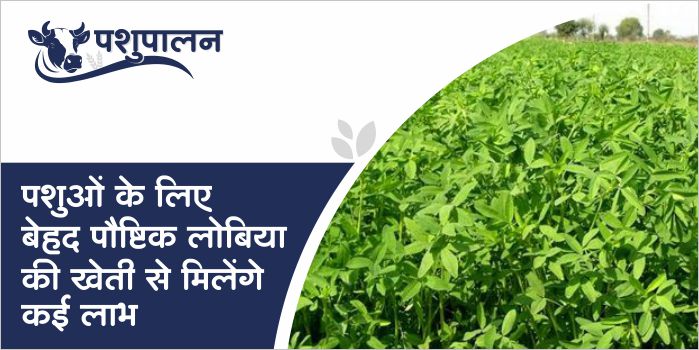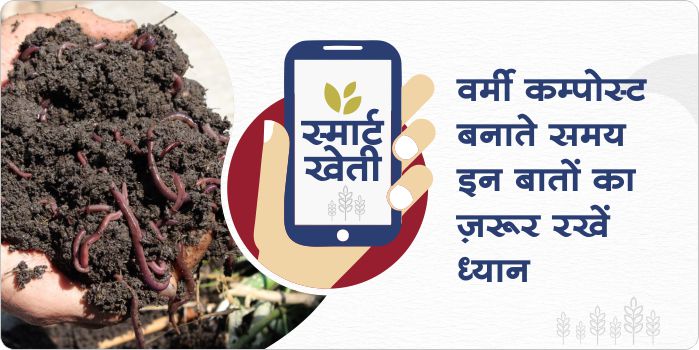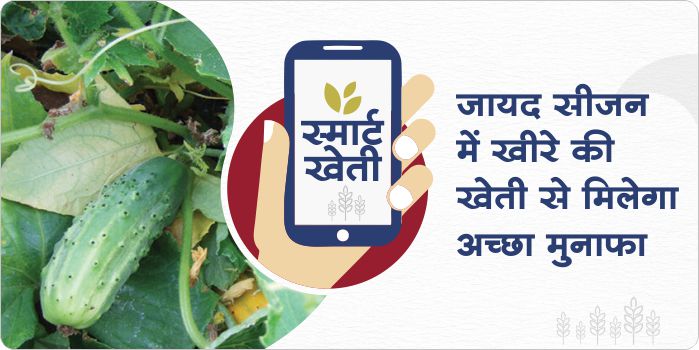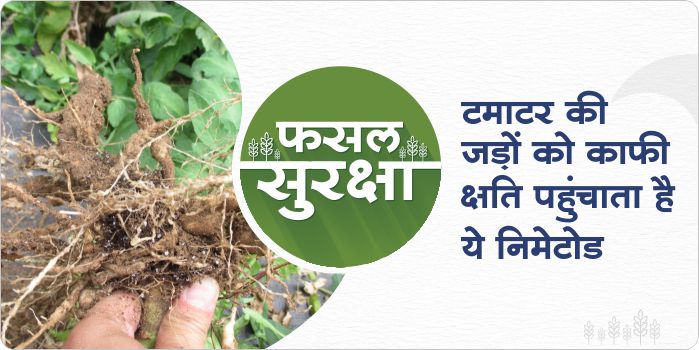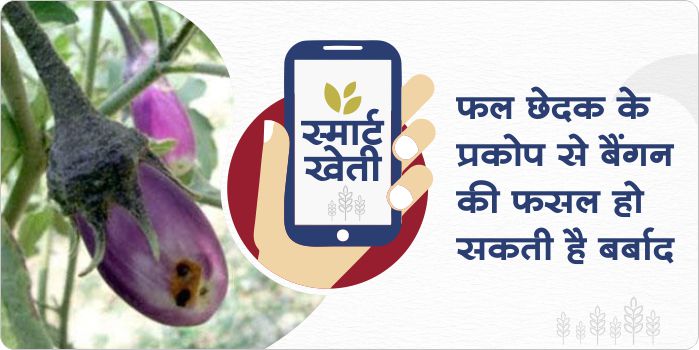- During the summer season, the problem of green fodder for livestock increases, to avoid this situation the livestock owner should sow cowpea.
- Cowpea is used as a nutritious fodder for animals
- Cowpea is the quickest growing pulses fodder crop,
- The cowpea crop is more nutritious and fully digestible and as grass is mixed with it during sowing which also increases its nutritional value.
- Cowpea is also served as a vegetable and as the availability of green vegetables is reduced during the rainy days, the production of cowpea for green vegetables brings good profits to the farmers.
- As cowpea is a pulses crop, it greatly increases the availability of the nutrient called nitrogen in the soil.
These states, including Madhya Pradesh, will continue to be hot, knowing weather forecast
Most areas of central India have a heat wave condition. In Gujarat, Madhya Pradesh, Vidarbha, Marathwada, Chhattisgarh, Odisha and some areas of North Telangana, temperatures remained above 40 degrees. These areas are also likely to experience very high heat in the coming days. With this, the weather will be clear and there is no possibility of getting relief from the heat.
Source: Skymet Weather
ShareThe use of VermiWash gives many benefits to crops
- Vermiwash is a fluid that contains hormones, nutrients and enzymes secreted by earthworms, which have anti-inflammatory properties,
- Auxin and cytokinin hormones and various enzymes are also found in it, along with nitrogen fixing bacteria Azotobacter and Phosphorus solubilizing bacteria.
- Vermiwash is used as both an antifungal and insecticide for crops.
- The use of vermiwash gives more production and good quality yield in the crops, so that the farmers can get good prices of the crops in the market.
- The use of vermiwash reduces the cost of the farmer and increases the production
Precautions to be taken while preparing vermicompost
- Before leaving earthworms in Vermi beds, partial decomposition of raw materials (cow dung and essential waste), which can take upto 15 to 20 days, is very necessary.
- Maintain 30 to 40 percent moisture in composted waste beds until it is ready. Earthworms do not work properly when there is less or too much moisture in the waste.
- Never use fresh cow dung in a vermicompost bed. Earthworms die due to excessive heat in fresh dung, so let fresh dung cool for 4 to 5 days before use.
- Do not use any kind of pesticides while making earthworm manure.
- Earthworms work faster when the pH is neutral (around 7.0), to keep the pH neutral of the waste during vermicomposting, you must add ash to it.
If you deposit the crop loan by 30 April, then no interest will have to be repaid
Millions of farmers of the country take crop loans to meet their agricultural needs. Crop loans are provided to the farmers by the government at a low interest rate. However, many times farmers have to pay more interest due to not repaying the loan on time.
The Madhya Pradesh government has made a new announcement regarding crop loans, giving farmers a month’s time to repay crop loans without any interest. Farmers will be able to deposit the crop loan taken during the Kharif season by 30 April.
Source: Kisan Samadhan
ShareFor such important news of the agriculture sector and for the advice of agricultural experts, read the articles of Gramophone daily. Share this article with your friends with the share button below.
There will be a slight drop in temperature in central India, know weather forecast
In central India, the temperature remains above 40 degrees and in many areas the temperature has also crossed 42 degrees. However, there is a possibility of some relief in these areas. The area of opposite cyclonic winds is over Gujarat and due to this effect the direction of the winds will be northwest. Temperatures which have reached 40 degrees will now fall to 35-36 degrees, which will give light relief to Central India.
Source: Skymet Video
ShareEarn bumper profits from cucumber cultivation in Zaid Season
- Cucumber is a very important summer crop.
- Apart from pulses, cucumber is a very profitable crop, which farmers can plant to earn huge profits.
- These are some select beneficial varieties of cucumbers: Swarna Poorna, Swarna Ageti, Kalyanpur Green, Pant Kheera-1, Fine Set, Japanese Long Green etc.
- For planting of cucumber crops in summer, 300-350 grams of seeds is required per acre.
- For a quality production, sow summer cucumber crops in the month of March and make sure to use necessary fertilizers from time to time to get a good yield.
- The schedule of irrigation should be maintained carefully. Fields with water availability should be chosen.
What is crop rotation and its benefits
- In order to maintain the fertility of soil, different crops are sown on a certain area, in a certain sequence, at a given time, this cycle is known as crop rotation.
- Its purpose is to make good use of available nutrients and elements and to balance the physical, chemical and biological conditions of the land.
- crop rotation is a very important factor for a good quality production of any crop.
- The type of crop rotation depends upon the season it is being sown. The types of crop rotation are as follows: Kharif season crop rotation, Rabi season crop rotation, Zayad season crop rotation.
Damage from root knot nematode in tomato
- Root knot nematodes are small ‘eelworms’ that live in soil
- Nematodes often enter through tomato roots. as their number increases, small roots get damaged , and irregular shaped tumors are formed.
- This pest attacks more in the nursery stage of tomato crops.
- This causes the tomato crop to completely dry.
- Use carbofuran 3% GR @ 8-10 kg / acre or cartap hydrochloride 50% SP as soil treatment
- As a biological treatment, use Pacillomyces lenesius @ 1 kg/acre.
How to protect brinjal crop from fruit borer
- Creamy-white eggs are laid singly or in groups on the undersides of the leaves, stems flower buds, or the base of the fruit.
- The young caterpillar is 15-18mm long, dull-white, and turns light pink as it matures.
- The short pinkish larva of the pest initially bore into the shoots resulting in drying of the shoot.
- When feeding is complete pupation occurs on stems, dried shoots, or between fallen leaves.
- When the life cycle of the larval stage is complete, it forms a pupa on the stem, dry branches, or fallen leaves.
- To control this, spray of Emamectin Benzoate 5% SG @ 100 gram/acre or Chlorantraniliprole 18.5% SC @ 60 gram/acre or Spinosad 45% SC @ 60 ml/acre
- As a biological control, use Beauveria Bassiana @ 250 gram/acre

